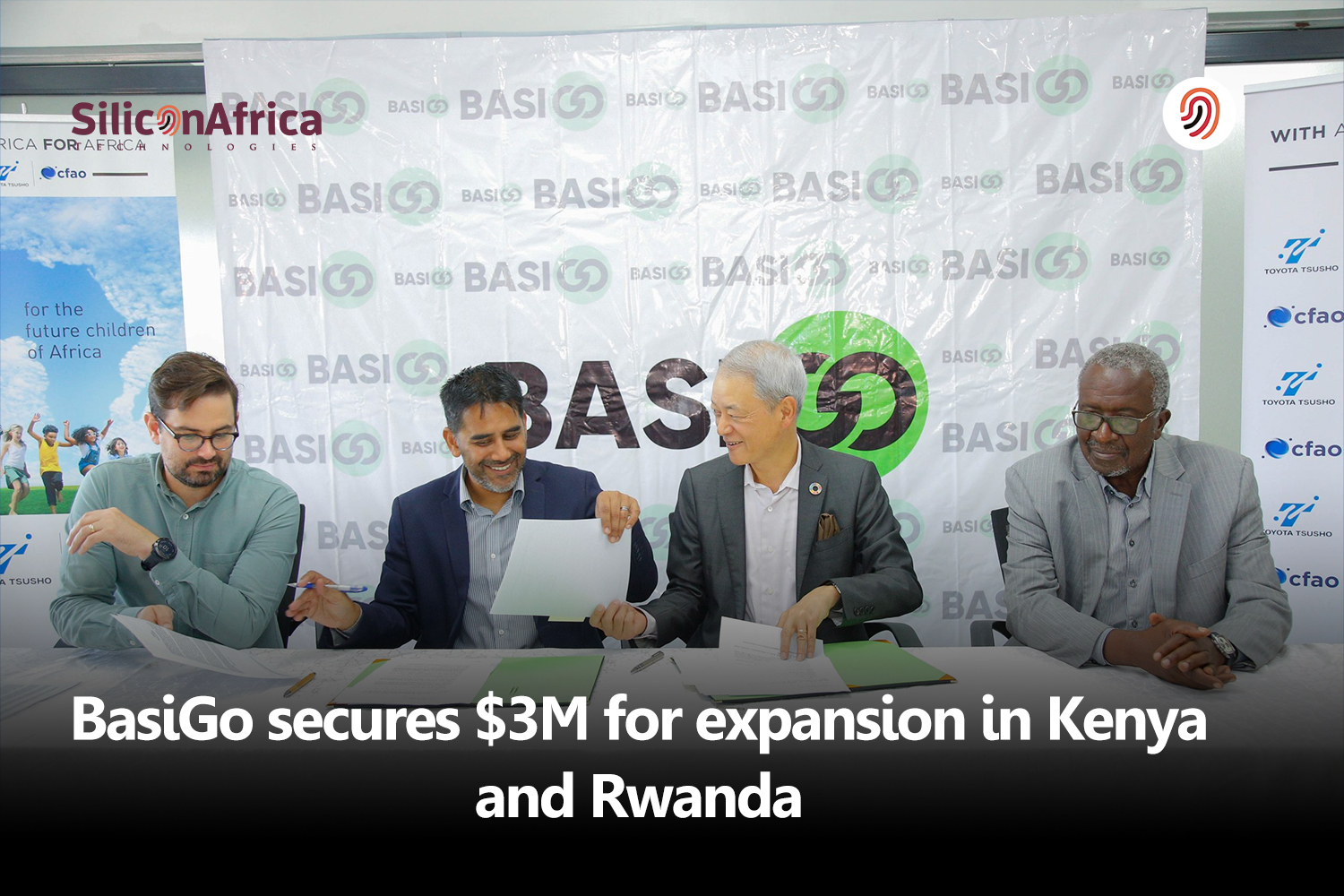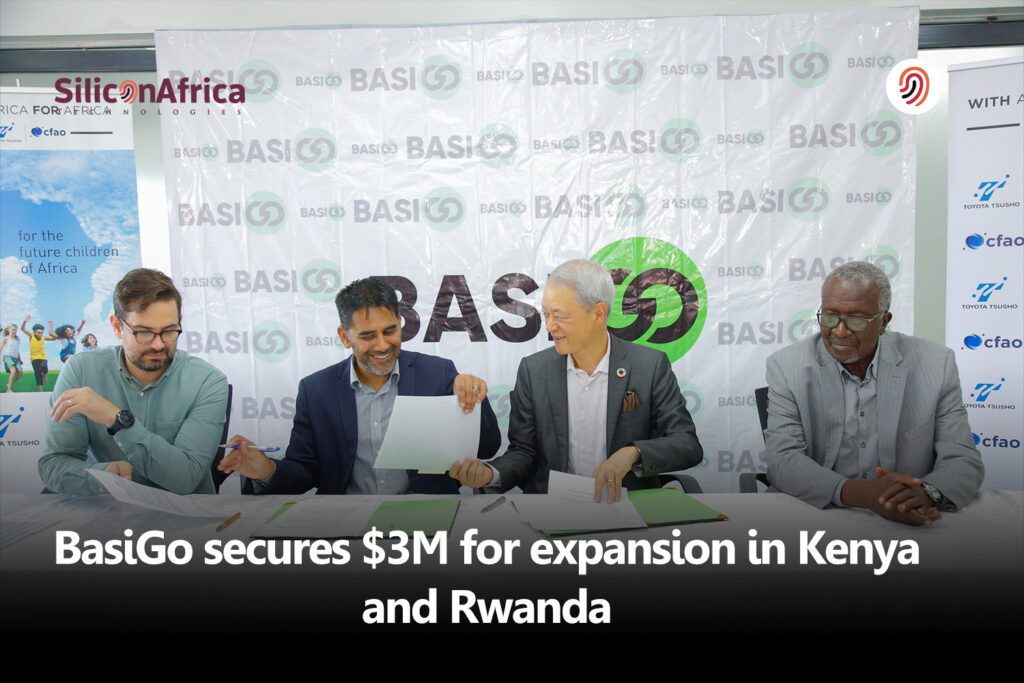Physical Address
60 Ekwema Cres, Layout 460281, Imo
Physical Address
60 Ekwema Cres, Layout 460281, Imo

BasiGo, a Kenyan automobile company, has secured funding from the CFAO group. The funding will be used for expansion in the Eastern part of Africa, especially in Kenya and Rwanda.

The investment is split between CFAO Kenya and Mobility54.
CFAO Group has operations in over 40 African countries. It boasts Africa’s leading automotive distribution network, and is involved in the development of the East African E-mobility industry.
The group fosters the growth of E-mobility startups and contributes to energy development in Africa.
CFAO Kenya and CFAO Motor Kenya have signed an agreement for collaboration to support the country’s development of carbon neutrality. This development creates a green energy value chain in the country.
BasiGo’s Chief Executive Officer (CEO), Jit Bhattacharya, highlighted the shared vision between the company and CFAO.
He spoke of leveraging electric mobility to drive African economies forward. He said, “With CFAO’s strength and experience in the mobility industry, customers/operators can trust that BasiGo will deliver.”
Furthermore, he said, “As a player in the energy and mobility industry in Africa, CFAO recognizes the extraordinary opportunity for electric mobility to transform African economies.”
With the partnership between the two companies, BasiGo gained strong credibility in the automobile market.
BasiGo, in 2022, became the first company to launch electric buses for public transport in Kenya. As of this month, BasiGo’s electric buses in Kenya had driven over 1.5 million kilometers, carried over 2.1 million passengers, and mitigated over 680 tons of greenhouse gas emissions. With this partnership, BasiGo will do more as it expands to other parts of the region.
CFAO Kenya Managing Director Akira Wada said, “This is the start of a new era, and through this investment, we are supporting the growth of the electric vehicle industry. Additionally, we are contributing to the development of a sustainable green energy value chain that will benefit communities across Africa.”
With the African region embracing sustainable development goals, there are great developments. One of the developments is that public electric transport emerges as a transformative solution to urban mobility challenges.
Also, with a focus on reducing carbon emissions and enhancing accessibility, several African countries are making significant strides. Strides in adopting electric buses, trains, and other forms of mass transit.
Rwanda has launched an e-mobility program, including electric motorcycles and buses, to promote clean transportation solutions. Additionally, Nigeria initiated pilot projects for electric buses. This signals a shift towards greener public transit options.
The advancement in battery technology is making electric vehicles more affordable and practical for mass adoption. Additionally, initiatives such as the African Union’s Agenda 2063 and the African Continental Free Trade Area (AfCFTA) are creating a conducive environment for sustainable transportation initiatives.
While challenges remain, such as infrastructure gaps and initial investment costs, the momentum towards public electric transport in Africa is undeniable.
As more governments, businesses, and international partners become committed to decarbonization and sustainable development, the continent is poised to lead the way in reimagining urban mobility for the 21st century.